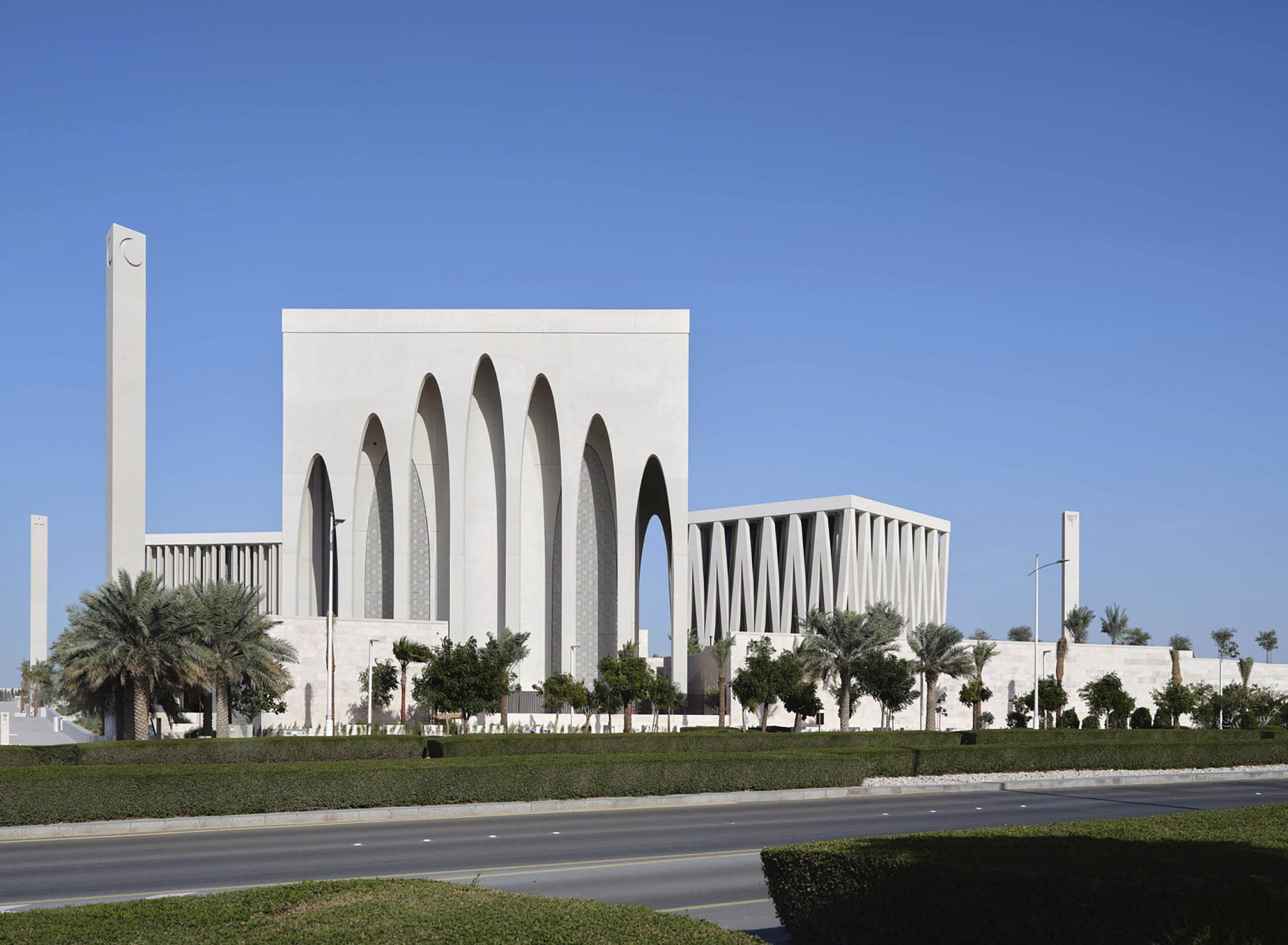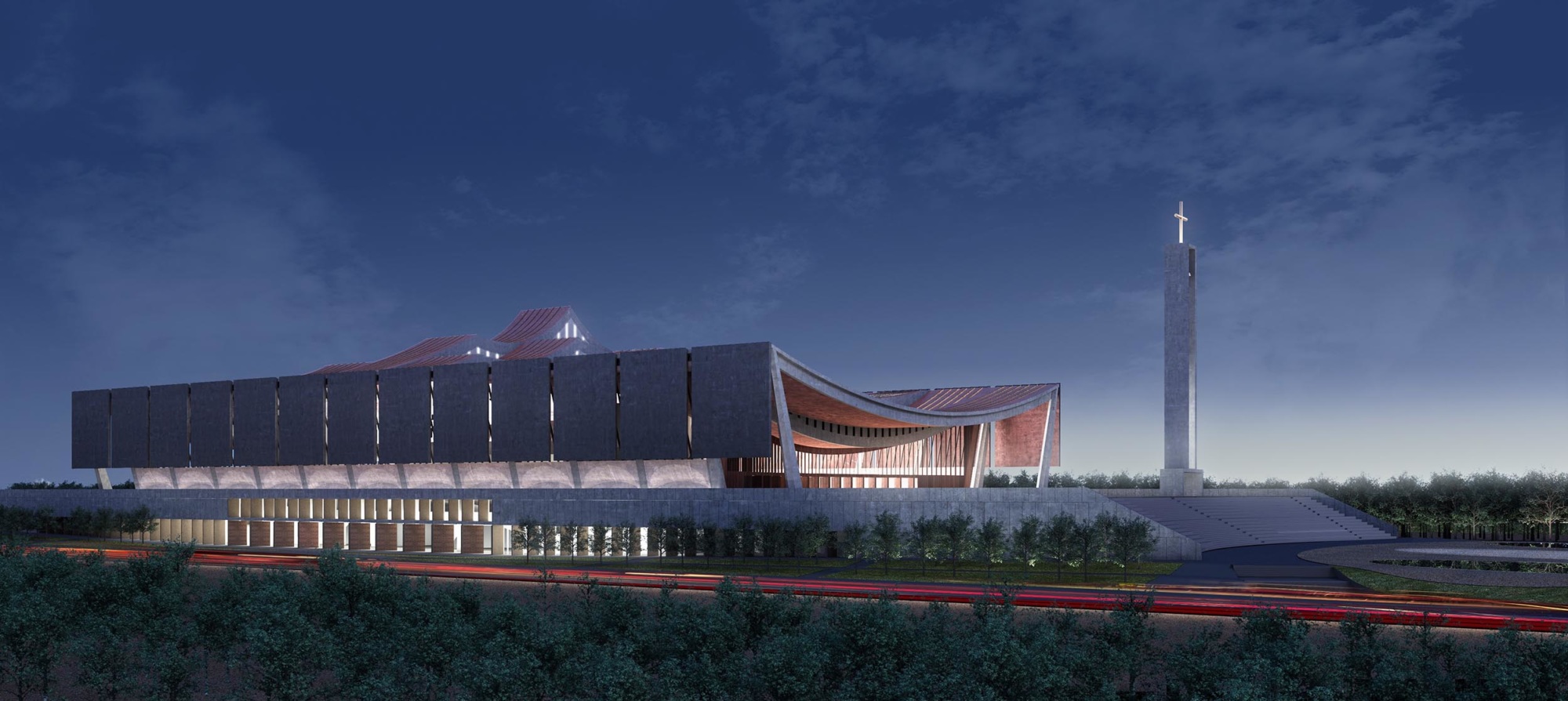The Studio Museum in Harlem, New York, has disassociated itself from David Adjaye, the renowned architect who was the focus of an earlier this week Financial Times article. As mentioned in our earlier post, three women who worked for Adjaye in 2018 and 2019 made several charges against him.

Adjaye, whose parents are Ghanaians, was born in Tanzania in 1966. He went to the UK throughout his education and earned a BA in architecture from London South Bank University in 1990. He also won an award for one of the top student design projects. Before taking on municipal projects like a museum in Denver, a school of management in Moscow, and, most notably, the National Museum of African American History and Culture in Washington, he was first hired to create artists’ homes, retail stores, and art fairs. He received a knighthood from Queen Elizabeth II in 2017 and was inducted into the esteemed Order of Merit by King Charles III in November. In a largely white profession, he is widely regarded as a champion of diversity. So, imagine the shock when these allegations were made against him.
His firm, Adjaye Associates, had been hired by the Studio Museum to create a much-anticipated new structure that would dramatically expand the size of the organization. However, the New York Times announced on Thursday that Adjaye would no longer be working on it. “The actions being alleged are counter to the founding principles and values of the Studio Museum,” board chair Raymond J. McGuire told the Times in a statement.

Various news sources have it that the deCordova Sculpture Park and Museum in Lincoln, Massachusetts, put a presentation of a large-scale sculptural work by Adjaye on “indefinite hold,” and that the Counterpublic triennial in St. Louis is set to host a public dialogue about a monumental work recently installed permanently at the Griot Museum of Black History as part of the show.
What will transpire with a facility like the Princeton University of Art Museum in New Jersey, which hired Adjaye to design its new structure.. James Steward, the director of that museum, told the New York Times that he found the allegations “troubling” and that “most of our work with Adjaye is behind us,” but he did not say with certainty if the organization would keep ties with him. Requests for comment from a museum spokeswoman went unanswered.
The Shelburne Museum in Vermont announced in May that it had commissioned Adjaye to design a new center for an Indigenous art center that boasted a “highly sustainable” design. This week, the museum said it would reassess Adjaye’s involvement with the center.
Tom Denenberg, director and CEO of the Shelburne Museum, said in a statement, “In light of the serious and troubling allegations reported against David Adjaye, we are actively reviewing our engagement with the architect and his firm. Our evaluation places in the fore our immediate commitment to construction of a building and integrated landscape collaboratively designed to create a national resource for the study and care of Indigenous art. Because we are in the earliest stages of design, we have time to consider our next steps to keep this important project on track and honor our commitment to the many partners and collaborators who have been involved in the conceptualization of this important project.”

Adjaye resigned from his positions as board member of the Serpentine Galleries and architectural advisor to the mayor of London earlier this week. He also took a step back from the London Holocaust Memorial.
Read more about David Adjaye










